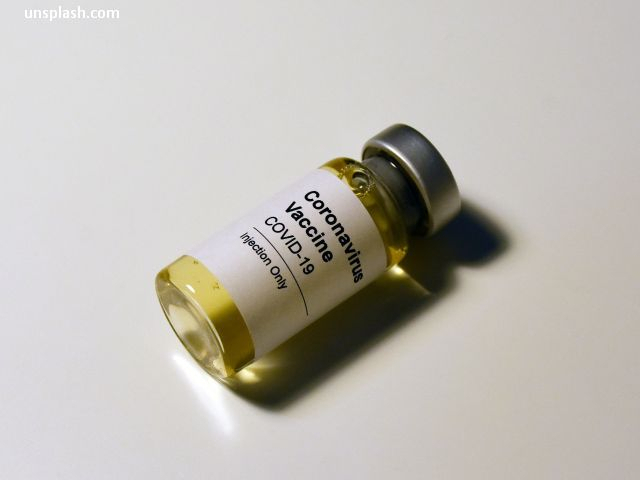Vaccine options
Romania maintains a good vaccination rate, the major hindrance is the insufficient number of doses available

Eugen Coroianu, 03.02.2021, 13:50
In Romania, as everywhere else in the world, the main problem concerning the COVID-19 vaccination is the insufficient amount of doses available.
Bucharest receives vaccines on a regular basis, under an allocation scheme put together by the European Union, which contracted them in advance on behalf of its member states.
So far, the Union has approved 3 vaccines—produced by Pfizer / BioNTech, Moderna and Astra Zeneca / Oxford. The largest number of deliveries at EU level comes from Pfizer / BioNTech, with Romania set to have received around 2.5 million doses by the end of March. Hundreds of thousands of doses have already been given to patients, placing the country among those with very good immunisation rates.
In the first quarter of the year, authorities also expect to receive a total 430,000 doses from Moderna, whose deliveries to vaccination centres has just started, and has already reached around three-quarters of the 36,000 doses received so far.
During the same period, Romania is also to get 1.3 million doses from Astra Zeneca, more than half of them scheduled for delivery this month.
There are differences between these vaccines, both in terms of the production technology, and in terms of storage and administration to patients. Efficiency levels also vary, but experts recommend immunisation with any of them, in order to prevent the development of severe and lethal forms of Covid 19.
Europe may also have access to other vaccines, currently pending for approval, and for which Brussels has already signed advance purchase agreements with several Western drug-makers.
On Tuesday, the European Commission president Ursula von der Leyen voiced openness to the access of Chinese and Russian vaccines to the European market, on condition that they display full transparency and submit their products for assessment by the European Medicines Agency.
France Presse says these statements echo the ones made by the German Chancellor Angela Merkel, who discussed the matter with Russias president Vladimir Putin. The Russian vaccine, Sputnik V may be effective against COVID-19, according to quite positive data made public on Tuesday by the British medical magazine The Lancet.
Beyond the scarcity of doses, the reluctance of some of the citizens may also slow down vaccination and consequently the curbing of this pandemic. Not only the antivaxxers, conspiracy theory followers and those with direct interests in inducing chaos for various reasons, but regular people as well have common-sense questions when it comes to these new products, rushed to production under the pressure of a severe healthcare, social and economic crisis. Peoples uncertainty is also fueled by the fact that some of the vaccines are produced using revolutionary technologies, which are yet to stand the test of time, and the availability of several different products opened the door to dilemmas about how to choose between them. (tr. A.M. Popescu)






























